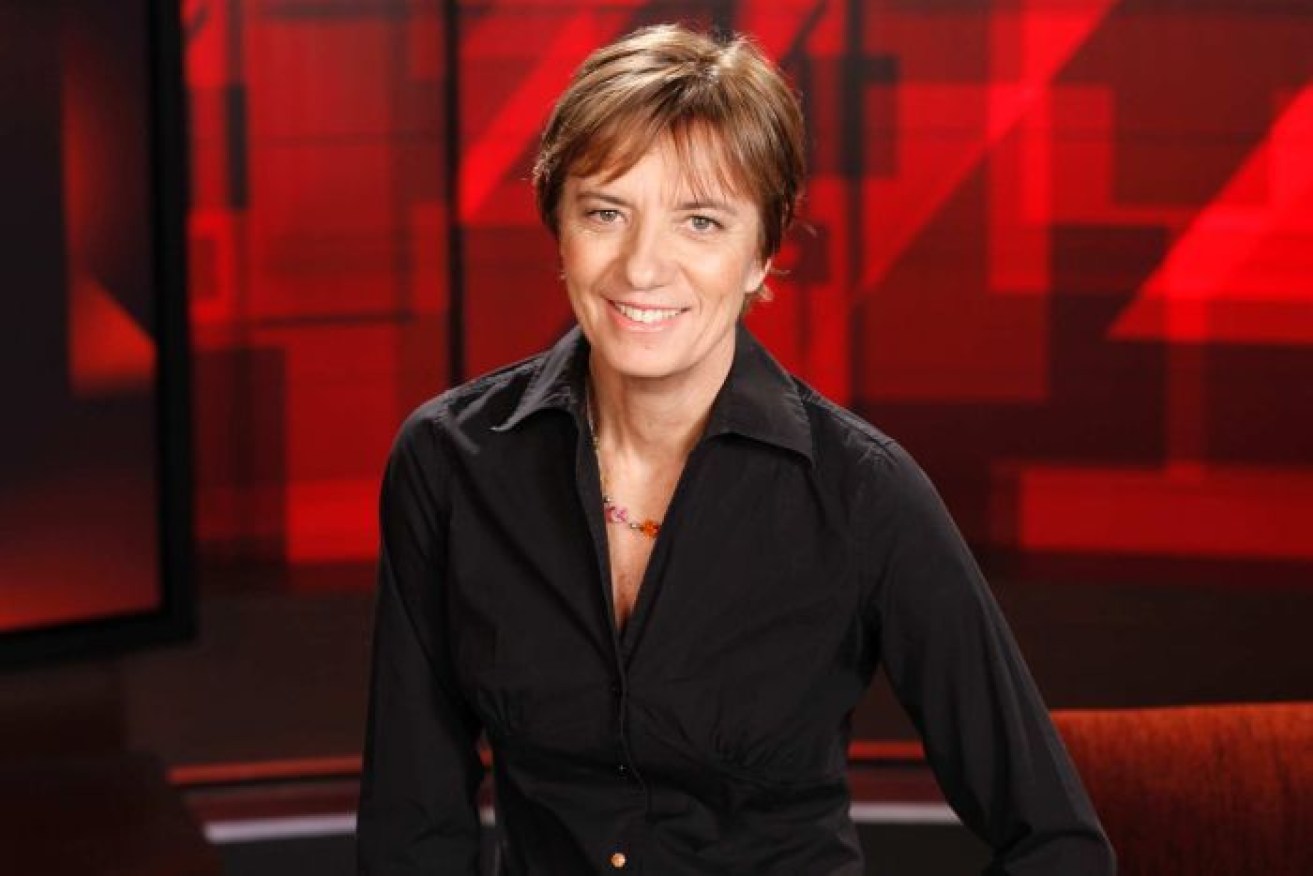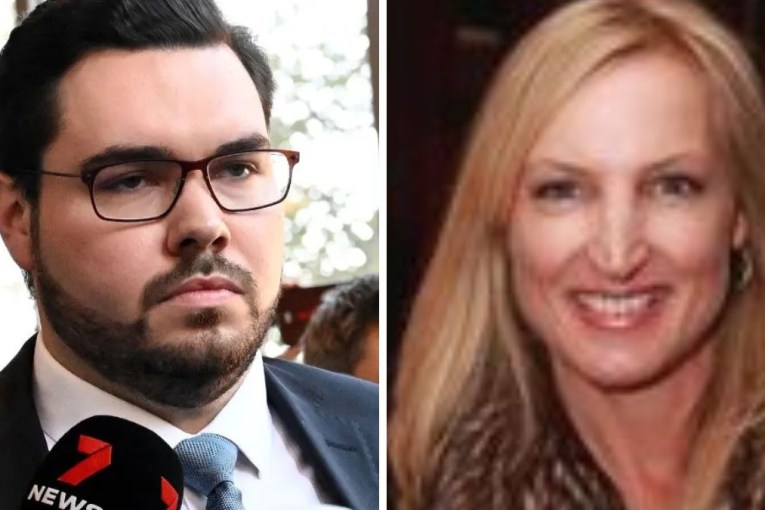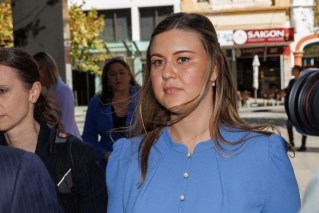Liz Jackson, former ABC journalist, dies aged 67

Liz Jackson pictured during her prolific stint on Four Corners. Photo: ABC
When news spread that ABC reporter Liz Jackson had died in Greece this week, her friends and colleagues were stunned.
They had all watched with sadness the progress of a mysterious variant of Parkinson’s disease.
However, many who knew her as a born journalist and storyteller half expected one more reporter’s gift from the edge of mortality.
Friends and family recall a gathering at her house on the night her last Four Corners documentary went to air. A Sense of Self was the award-winning account of Jackson’s confrontation with accelerating debility.
Reported by Jackson and produced by her husband, Martin Butler, the film was a clear-eyed, informative and moving account of her illness, told on behalf of herself but also the countless others who confront degenerative ailments.
One of the most important reporters of her generation
Jackson’s career found its expression at Four Corners where she worked for two decades.
She was one of a select group of reporters who have made that program their metier, conquered and extended its form. There she became one of the most important Australian reporters of her generation.
She presented the program for a brief period, but her greatest talent was in the field, tackling important topics, capturing genuine moments of insight on camera, struggling with contradictions, refining it all into narratives that her peers and her audience always found revealing.
Jackson loved to be where she could delve beyond the first superficial reports. She continually pestered her executive producers to be assigned to the latest breaking story.
Within days of the 9/11 terrorist attack she was on the road producing what may still be the best account of attack leader Mohammed Atta, tracing his physical and ideological journey through Egypt and Germany and, eventually, to a flight school in Florida.
She provided wonderful reports from Jakarta on the fall of Indonesian strongman General Suharto. She won Australia’s most prestigious journalism award, the gold Walkley award for a 2006 story Stoking the Fires, which unwound the devious politics of post-independence East Timor, an investigation which contributed to the resignation of then prime minister Mari Alkatiri.
Liz Jackson worked on the documentary with her partner Martin Butler. Photo: ABC
Passion for social justice ran deep
For a reporter who was a natural newshound, it is intriguing that Jackson was not a trained journalist.
She grew up in a Melbourne family of academics, both parents and siblings being philosophy professors. She described the household of her childhood as vocal, demonstrative and overwhelmed by political debates day and night.
She trained to be a lawyer and was admitted to the bar.
The young Jackson was a standard bearer for progressive causes. She worked for a legal aid centre in South London during the time of the Brixton riots.
In London she met her future husband Martin and began a long and remarkable partnership. When she moved back to Australia it was to Sydney, where she worked for the NSW government at the women’s coordination unit.
Photos and movies from those early years capture a vivacious woman, beautiful, dynamic, passionate and intelligent.
However, whatever her background and youthful political leanings, Jackson had not yet found her calling. That came when she took up journalism with the ABC.
She worked first on the radio show Background Briefing, where she quickly displayed an ability to construct a narrative through the duration of an episode — exploiting the form itself with an attention to natural sound and dramatic pacing.
These were skills that before long she transferred to television production at Four Corners.
From the outset her creative instincts were combined with a deeply felt dedication to justice and to truth.
Jackson’s reporting moved beyond the advocacy of a legal aid lawyer, even while that legal experience gave her a strong sense of the difference between evidence and emotion.
Dealing with hundreds of clients and their court hearings gave her a feel for people and a toughness which gave her the capacity to approach every story on the merits of the facts.
Her reporting was not always comfortable for those cursed by ideological certainty. Her Walkley-award-winning Timor story about a government covertly arming militias did not go down well with some who thought newly liberated Timor Leste should be awarded special tolerance.
She was one of the first Australian journalists back in 2001 in her report The Shame to investigate physical and sexual abuse within Aboriginal communities.
On the other hand, her 2009 forensic retelling of the death in custody of Aboriginal man Mr Ward was a searing indictment of police neglect and indifference.
Jackson produced too many great stories over a long and stellar career to list.
I recall many moments: A profoundly poignant interaction with a doctor and a dying baby in a Pakistani hospital reeling with an influx of flood victims; the wonderfully relentless interview with corrupt cricket captain Salim Malik; a series of reports and interviews with former PM John Howard — that left their mark in the political lexicon of the nation.
She leaves behind her a body of work few can match. She also leaves her husband Martin, her children, Rose and Joe, and grandchildren Charlotte and Oscar.
She leaves another legacy that is worth reflecting upon in a time when the values of journalism itself are threatened by failing revenue models, fracturing audiences and wild disputations about what is and is not fake news.
That legacy is about telling real stories and speaking real truth to power.
The story researched with dedication and focus and told with flair and passion is what drove Liz Jackson.
Her guiding principles are worth honouring.









